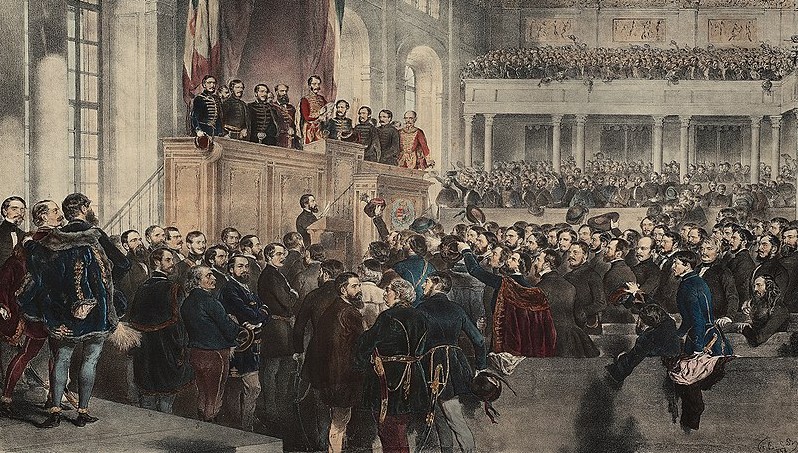
Opposition Parties’ Cooperation: Plan for Liberal Hungary
After a promising start the Hungarian political system could not turn into a liberal democracy. It is not a special occurrence, in some other \"third wave countries\" democratization slowed down or stopped as well. The democracy crisis has many reasons: fragmented political culture, economic problems, problematic challenges to fundamental rights.





